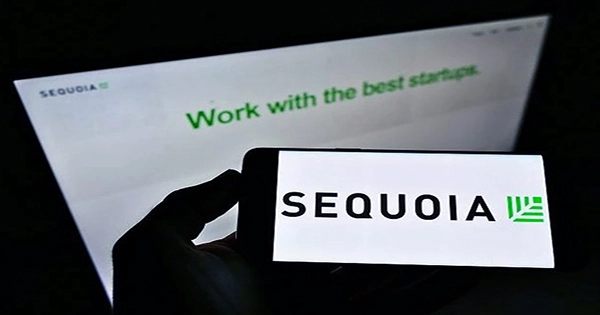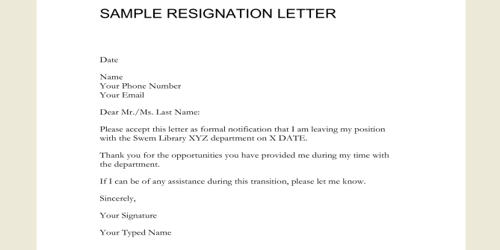The legendary, 50-year-old venture capital company Sequoia Capital has developed a reputation for utilizing broad memoranda to alert the founders in its portfolio of market developments after the move has become relatively clear. However, even though it’s amusing to make fun of these memos (its “R.I.P. Good Times” in 2008 and its “Black Swan” memo in March of 2020 have become legendary), many teams are currently concerned about how long the current recession might last. As a result, it’s not surprising that the company has created a new, in-depth presentation warning the numerous founders with ties to the company not to anticipate a quick recovery.
Indeed, a 52-slide presentation first published by The Information makes it clear that the company does not think the abrupt shift the startup world is currently experiencing will be followed by a “equally swift V-shaped recovery” like during the beginning of the pandemic, when markets froze then quickly warmed. “We expect the market downturn to effect consumer behavior, labor markets, supply chains, and more,” the presentation states. While we are unable to forecast how long it will take, we can provide you advice on how to get through it and heal more slowly.
One important slide from the company makes clear what many other VCs and the larger market have already warned startups: that investors’ attention is turning to profitable businesses. “With the cost of capital (both debt and equity) rising, the market is indicating a strong preference for firms who can create cash now,” the company writes. In a different slide, Sequoia criticizes some of the companies who have been making aggressive investments in startups recently, despite the fact that Sequoia itself has significantly increased its assets under management over the same time period. (According to a previous article in The Information, Sequoia Capital China alone was rumored to be raising four additional funds totalling $8 billion in March.)
The slide says, “Unlike earlier times, inexpensive money sources are not showing up to save the day. Crossover hedge funds, one of the lowest cost sources of capital over the past several years and extremely active private investors, are tending to the wounds in their severely damaged public portfolios. Sequoia is not mistaken. Tiger Global, the most active investor in the first three months of this year, has slowed down, as we previously reported. This is due to a number of factors, including the fact that it has almost exhausted the $12.7 billion fund it unveiled in March.
According to a different article from The Financial Times, the 21-year-old company has suffered losses of approximately $17 billion during this year’s sell-off in tech stocks as of early May. Inquiries have been made to Sequoia for more information. Sequoia’s presentation to founders comes after a long line of similar recommendations from several venture capital firms to their own portfolio businesses on the downturn. Their advice has covered a wide range, but it mainly aims to persuade founders to concentrate on extending their runway, take expansion rounds into consideration, and examine how to spend in a more restrained manner.
Y Combinator, a renowned incubator, has been unusually blunt about the status of the world lately, warning entrepreneurs this week to prepare for the worst and concentrate on being “default alive.” The company warned in the letter headed “Economic Downturn” that if you want to raise money in the next six to twelve months, you could do so at the height of the recession. Keep in mind, YC said, “That even if your firm is going well, your prospects of success are really limited. We advise you to alter your strategy. Famous VC Bill Gurley also cautioned startups over the weekend on Twitter that this moment is not a passing trend. “If you assume things are how they were,” he wrote, “then you are heading off a cliff like Thelma and Louise. The cost of capital has altered dramatically.”
















